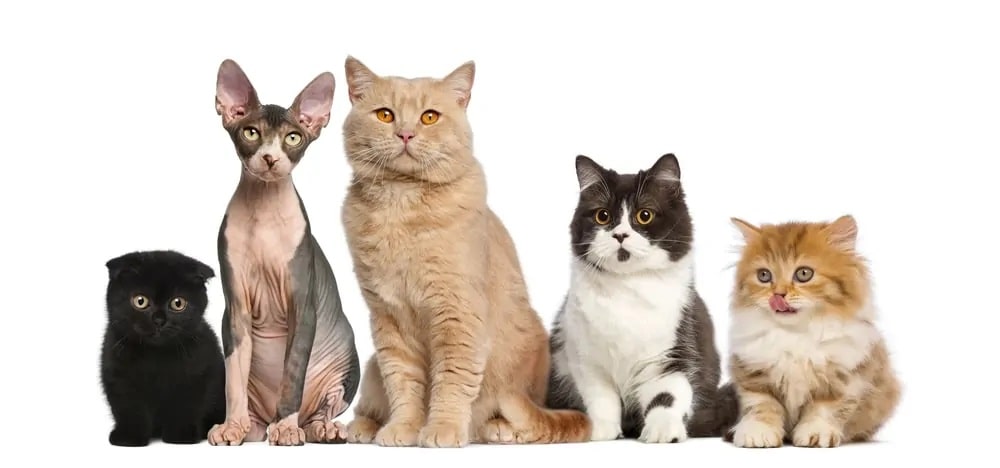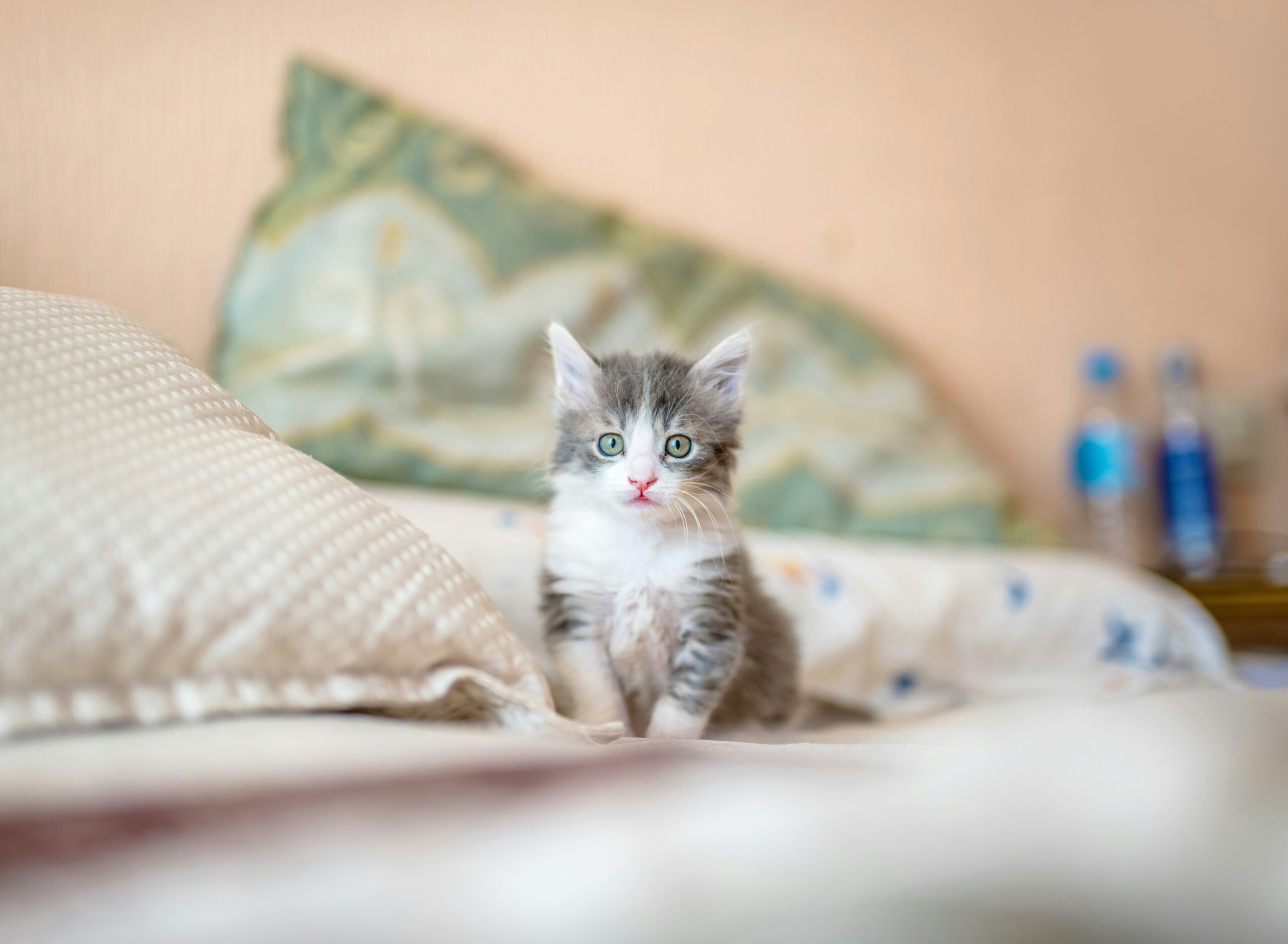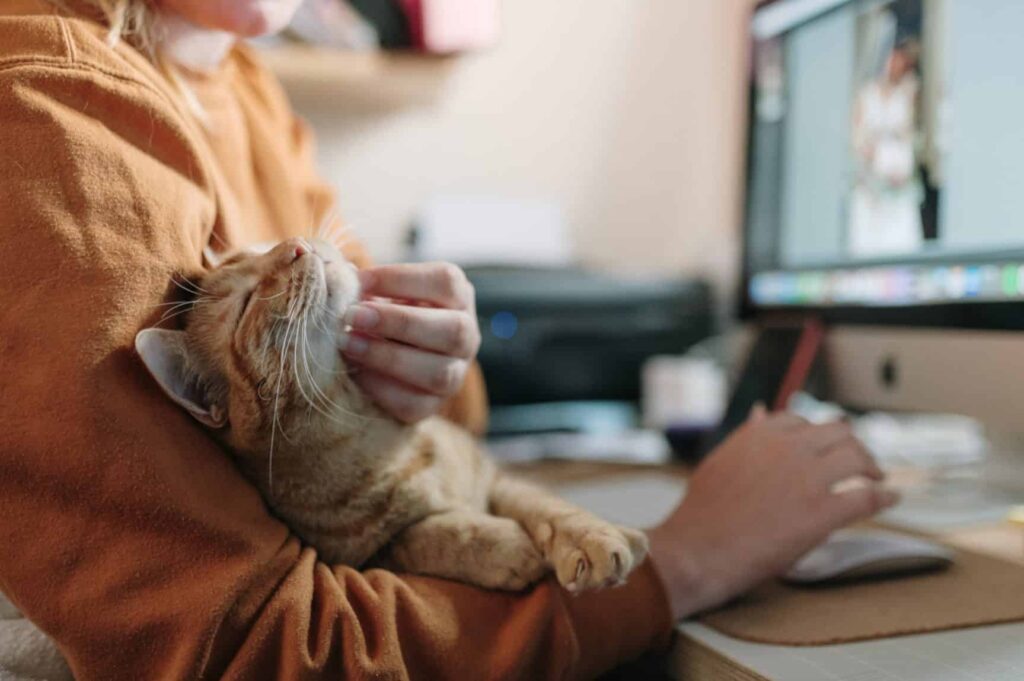
When deciding to adopt a cat, one of the most common questions is, “How long do cats live?” The lifespan of a cat depends on various factors, including breed, living environment, diet, and medical care. In this article, we will explore the factors affecting a cat’s lifespan and provide useful information to help ensure your feline friend enjoys a long and healthy life.
Average Lifespan of Cats

On average, domestic cats can live between 12 to 15 years, but many cats can live longer. Some cats can live up to 20 years or more if given proper care. Indoor cats generally have a longer lifespan than outdoor cats due to fewer risks such as accidents, diseases, and attacks from other animals.
Factors Affecting a Cat’s Lifespan
1. Breed
Breed is an important factor influencing a cat’s lifespan. Some breeds have a longer average lifespan than others. For instance, Siamese and Burmese cats often live longer, sometimes up to 18-20 years. In contrast, some breeds may have shorter lifespans due to genetic health issues.
2. Medical Care
Proper medical care plays a crucial role in extending a cat’s lifespan. This includes regular vaccinations, annual health check-ups, and timely treatment of health issues. Spaying and neutering can also help prolong lifespan by reducing the risk of serious diseases like breast cancer and reproductive system diseases.
3. Diet

A balanced diet is key to a cat’s longevity and health. Cats need a diet rich in proteins, fats, vitamins, and minerals. Feeding them high-quality food and avoiding harmful foods like chocolate, onions, and garlic can prevent many health problems.
4. Living Environment

Indoor cats usually live longer than outdoor cats. An indoor environment is safer, free from dangers like cars, wildlife, and infectious diseases. However, indoor cats need sufficient toys and space to play to maintain their mental and physical health.
5. Love and Attention
The love and attention of their owners significantly impact a cat’s lifespan. Cats need interaction, petting, and playtime to keep their spirits high and avoid stress. Cats living in loving and caring environments tend to live longer.
Signs of Aging in Cats
Like humans, cats undergo aging with noticeable signs. These include decreased activity, graying or thinning fur, weaker teeth, and loss of appetite. Older cats may also become more irritable and change their bathroom habits.
Caring for Senior Cats
As your cat ages, their care needs to be adjusted to meet their changing needs. Here are some tips:
- Regular Health Check-ups: Visit the vet more frequently to monitor their health and detect any medical issues early.
- Special Diet: Provide nutrient-rich, easily digestible food and consider adding supplements if necessary.
- Comfortable Environment: Ensure they have a warm, quiet, and easily accessible place to sleep.
- Mental Stimulation: Continue playing and interacting with your cat, but be gentle and mindful of their health.
Stories of Long-Lived Cats
There are many heartwarming stories about cats living long lives and becoming cherished companions. One famous story is about Creme Puff, a cat that lived to be 38 years old and is recorded in the Guinness World Records. Such stories are not only a testament to love and care but also offer hope and inspiration to cat owners.
Conclusion

A cat’s lifespan depends on various factors, including breed, diet, medical care, living environment, and the love and attention of their owners. By understanding and meeting your cat’s needs, you can help ensure they live a long, healthy, and happy life. Remember, every cat is an important family member and deserves the best care and love we can provide.


